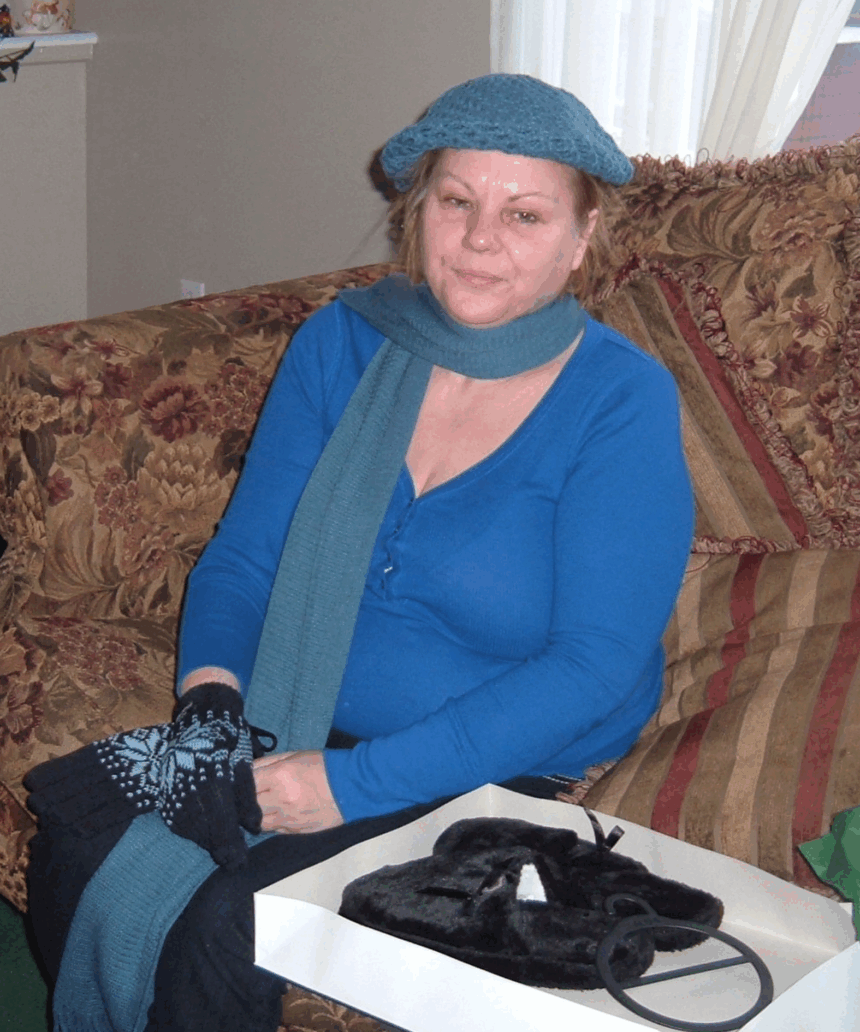Article content‘Still hasn’t fully processed it’Article contentMelissa said her mother-in-law didn’t have to die and fully believes her death was preventable. She added that if Rebecca had gotten an appointment in the months prior, doctors would have been able to treat the diseased artery.Article contentInstead, Melissa and Elliott are left wondering why her referral never ended up where it was supposed to go.Article content“This didn’t happen overnight; this is something that had been brewing for years,” said Melissa. “(If they had acted or the referral was received in time) they would have found the diseased artery.”Article contentTo this day, Elliott hasn’t been able to process what happened to his mother, a lot of which he had blocked out.Article content“He lost his only father figure 17 years before. But this, his mom, was his only parent,” said Melissa.Article content Rebecca Pearce was only 60 at the time of her death, Melissa Pearce said. Though she had health problems, there is a chance she would still be here if she had gotten her ultrasound appointment on time. Photo by ContributedArticle contentLost trustArticle contentWhile they were trying to figure out when her ultrasound appointment was, Melissa and Elliott were trying to move Rebecca closer to them to be better able to advocate for her. Article contentArticle contentHowever, Melissa said Rebecca’s social worker said she was fine to make her own decisions and advocate for herself. Article content“We had it all set up. We had appointments made, and then all of a sudden, she would meet with the social worker, and her mind would change, and she wouldn’t want to come,” said Melissa.Article contentDespite their efforts, bringing Rebecca closer to them didn’t work out, so they continued to advocate from afar. Article contentMelissa and Elliott say they were never confident that she would get the ultrasound appointment, but say they did have enough confidence in the health-care system would put the referral through. Article contentBecause that never happened, and because they still don’t have a clear answer as to why it wasn’t sent, Melissa said their trust is broken. Article content“Though this happened during COVID-19, we assumed that when something is urgent, COVID doesn’t mean anything and that they would make the adjustments,” said Melissa. Article contentArticle contentWhile she doesn’t have a firm answer, she does speculate on why the referral wasn’t taken seriously, and believes that a stigma behind mental illness ties into how you receive care in rural NL. Article content“Women are constantly dismissed for their health issues, but especially mental health,” said Melissa. Article contentIt’s because of what happened to Rebecca that Melissa is pursuing a master’s degree with a focus on the role mental health stigma plays on treatment in rural areas. She’s hoping to gain clarity of what happened to her mother-in-law, but also ensure someone else doesn’t go through it again. Article contentShe does believe that, from a policymaker and NL Health Service’s (NLHS) perspective, something needs to change. Article contentShe wants to see formal referral follow-up mechanisms established to confirm or check on the status of referrals and see better advocacy channels for people with mental health issues.
After missed referral led to woman’s death, a NL family is calling for change











